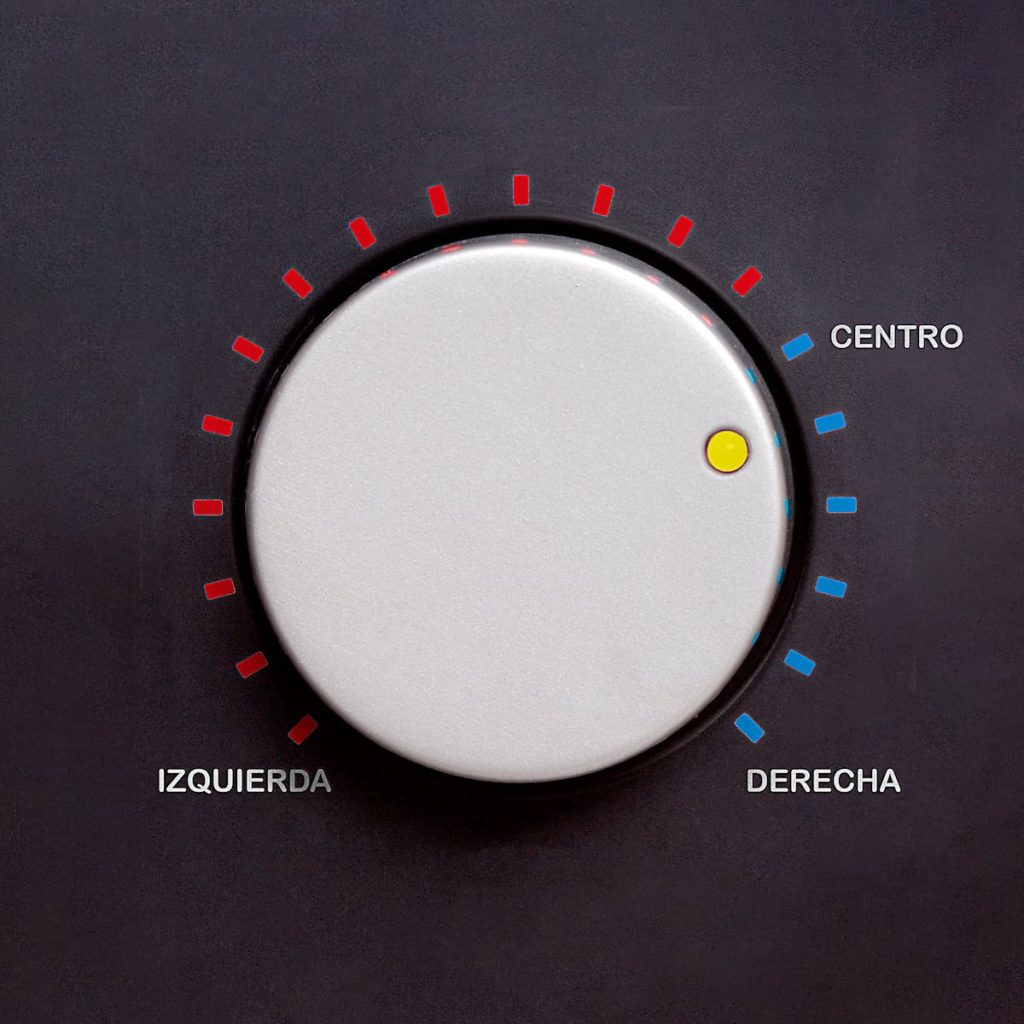The use of defamation to degrade political opponents was common in ancient Rome. Maquiavelo, in his “Discourses on the First Decade of Tito Livio,” called for public accusations to be curtailed, with severe punishment for those who could not prove their claims. He warned that slander could lead to public irritation and political revenge, weakening the Republic. Recent reports on the private affairs of close relatives of the country’s main politicians bring this old concern back to the present. The president’s letter requesting reflection on his own case generated initial shock followed by expressions of solidarity among supporters and mockery and reproach from adversaries. The current logic of political competition leaves no room for reflective pauses.
There has been a growing dissatisfaction among citizens with the current state of politics in Spain over the last 30 years. Concerns about politicians’ behavior, government actions, lack of agreements, and politics in general have reached 57% in public opinion. This increase in dissatisfaction originated during the final years of the Gonzalez administration with Aznar’s opposition and continued to rise with subsequent administrations. This discontent is widespread, but opposition voters are more concerned about the actions of the government parties, leading to greater dissatisfaction with the current state of democracy. Older voters, who tend to support traditional parties, are more troubled by the behavior of their representatives.
Despite the president’s appeal against the degradation of politics, the public discourse is likely to become more polarized. The reluctance of parties to reach agreements or set limits on offensive rhetoric is puzzling, considering that the majority of their voters support such actions. Various studies point to cultural authoritarianism, new forms of political communication, party thinning, new political profiles, and mega-party identities as causes of toxic politics. However, in the Spanish context, moral judgments about the responsibility of parties in spreading political polarization overshadow these explanations.
The shift in Spain’s political landscape towards polarization and the decline of the fight for moderate voters has changed party competition fundamentally. Despite maintaining a stable central electorate, Spain’s electoral preferences have shifted, altering the political representation’s nature. Recent years have seen a decline in the dominance of the center in elections, leading to the emergence of polarizing politics. This shift began in 2011 and has continued, with traditional parties losing support from moderate voters, affecting political representation and the competition for power.
The emergence of Ciudadanos, before Podemos, is considered a critical factor that forced the shift towards centrifugal politics in Spain, especially damaging for the PSOE. Many former socialist voters have shifted to the right or abstained, contributing to the polarization of public opinion. The disappearance of leaders promoting polarizing rhetoric due to electoral defeats shows that voters are willing to punish aggression at the polls. However, as long as a significant portion of the center rewards this behavior, it will be challenging for future leaders to calm the political atmosphere.


